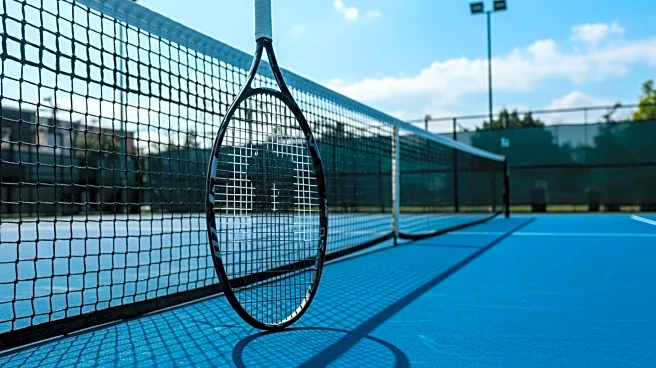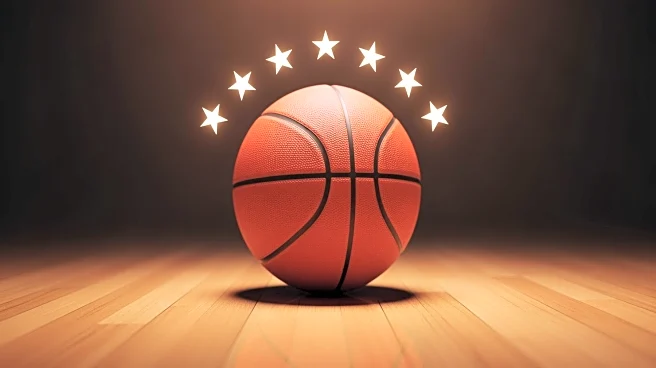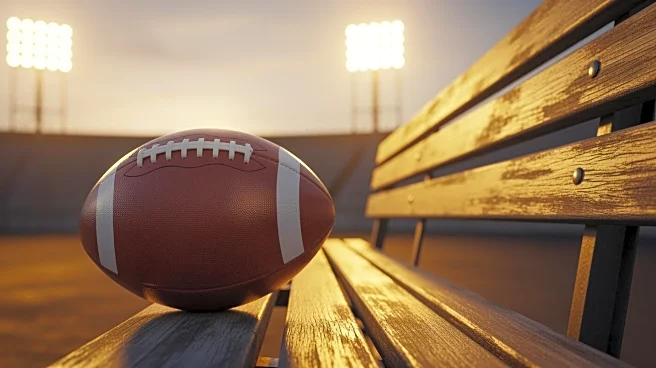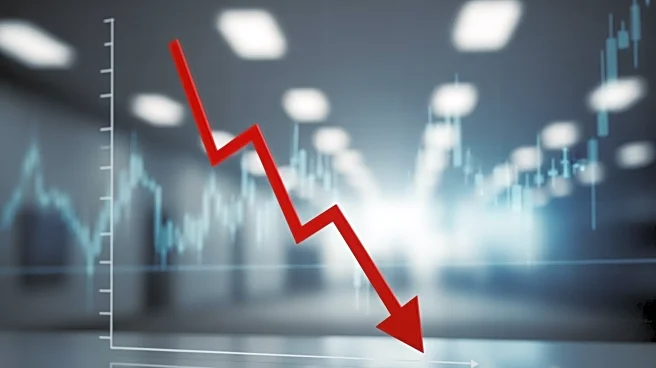What's Happening?
Emma Raducanu, the British No. 1 tennis player, is preparing for the upcoming US Open while reflecting on the challenges she has faced since her unexpected Grand Slam victory in 2021. At just 18 years old, Raducanu made history by becoming the first qualifier to win a Grand Slam singles title. However, she has since encountered a 'world of potential negativity' that has impacted her career. Despite these challenges, Raducanu has shown consistent performance in recent tournaments, reaching the last eight at the Miami Open and the semi-finals at the Citi Open in Washington DC. She is set to face Ena Shibahara in the first round of the US Open, with a potential path that includes matches against top players like Aryna Sabalenka and Iga Swiatek.
Why It's Important?
Raducanu's journey highlights the pressures young athletes face after achieving early success. Her reflections on negativity and the impact of public scrutiny underscore the mental health challenges in professional sports. As she prepares for the US Open, her performance will be closely watched, not only for her tennis skills but also for her ability to manage external pressures. Her experience may influence how sports organizations and the public support young athletes, emphasizing the importance of mental well-being alongside physical performance.
What's Next?
Raducanu's immediate focus is on the US Open, where she aims to replicate her past success. With a new coach, Francisco Roig, who has previously worked with Rafael Nadal, she is working on improving her game. Her performance in the tournament will be a test of her resilience and ability to handle high-pressure situations. The outcome could shape her career trajectory and influence her approach to future competitions.
Beyond the Headlines
Raducanu's story also raises questions about the role of media and public expectations in shaping an athlete's career. The scrutiny she faces is a reminder of the need for a supportive environment that allows athletes to thrive without undue pressure. Her experience may lead to broader discussions on how to balance public interest with the personal well-being of sports figures.









